You have not yet added any article to your bookmarks!

Join 10k+ people to get notified about new posts, news and tips.
Do not worry we don't spam!

Post by : Anis Farhan
Every two years, the Southeast Asian Games unite athletes, fans, and nations in a vibrant display of sport and camaraderie. In December 2025, Thailand will host the 33rd edition of this regional festival—spanning Bangkok, Chonburi, and Songkhla—from December 9 to December 20. This edition is not only significant as Thailand’s eighth time hosting the Games, but also as a sustainability-forward event dubbed the “Green SEA Games.”
Scheduled competitions will spread across 50 sports with 574 events, featuring more than 12,500 athletes and officials from all 11 Southeast Asian nations. With a focus on environmental responsibility, heritage, unity, and high performance, these Games promise to be a milestone in both regional sports culture and ecological awareness.
Unlike traditional single-city events, the 2025 Games will be distributed across three major provincial regions:
Bangkok: The central hub and host of the opening and closing ceremonies. The Rajamangala National Stadium will stage the main ceremonies, with historic Sanam Luang serving as a symbolic cauldron venue.
Chonburi: A coastal province east of Bangkok, hosting key water sports and equestrian competitions, among others.
Songkhla: Located in southern Thailand, Songkhla will manage major team sports such as football and sepak takraw.
This multi-location format allows Thailand to distribute economic opportunity, promote tourism beyond the capital, and demonstrate a collective regional host capability.
The official kick-off was celebrated over a year prior, revealing both the event’s green theme and national readiness. Yet recent changes have shifted the main opening ceremony entirely to Rajamangala Stadium for improved security, while Sanam Luang remains the symbolic focal point for the cauldron lighting.
With prior global ceremonies—such as Paris 2024—inspiring Thailand’s creative team, expectations are high for a visually rich, culturally reflective show that balances tradition with modern spectacle.
Early projections anticipate over 18,000 athletes and officials converging for the Games, signaling one of the largest mobilizations in SEA Games history. Among them, Vietnam alone plans to dispatch a team of 80–100 gold medal contenders to retain its champion status from 2023.
With 50 sports across 574 events plus three demonstration sports, this SEA Games promises an expansive and inclusive program. Notably, cricket has made its debut—marking a significant nod to the sport’s growing regional popularity.
The Philippines is sending its largest delegation yet—around 1,600 athletes across 50 sports—reflecting both ambition and investment in multilateral athletic success.
This edition of the Games is ambitious: Thailand has branded it the “Green SEA Games.” Its organizers promise net-zero emissions through eco-friendly transport, sustainable venue operations, and a reduced environmental footprint.
Renovation, not new construction, is the guiding principle—allowing for upgrades without excessive budgets or ecological disruption. Venues like Rajamangala Stadium are being modernized, and infrastructure across host cities is being adapted with an emphasis on sustainability.
Sport often heals, but regional geopolitics can strain the playing field. Recent border tensions between Thailand and Cambodia prompted concern among regional sports officials. However, Cambodia’s Olympic Committee has confirmed that such disputes will not derail SEA participation.
Meanwhile, Indonesia is closely monitoring developments to ensure athlete safety. While tensions persist, diplomatic efforts—hosted under ASEAN auspices—have ensured that the Games remain a space for solidarity, not conflict.
To curb past criticisms of hosts introducing obscure sports for medal advantage, a new standardization has been introduced. From 2025 to 2029, SEA Games hosts will follow a tiered structure—Category 1A (core sports like athletics and swimming), 1B (Olympic-origin sports), and a limited set of Category 3 regional/traditional sports.
Thailand has shortlisted 43 sports, balancing tradition with universal appeal. Equestrian events will take place in Chonburi, football finals in Bangkok and Songkhla, and diverse disciplines across the host regions.
For many young athletes, the SEA Games offer a critical platform. Stories like Vietnam’s veteran athletes defending titles, or the Philippines fielding mixed teams in emerging sports like indoor handball, highlight personal and national ambitions.
Yet the pressures are substantial—from performance expectations and travel logistics to mental resilience. Training sessions across the region are intense, with preparation tailored for multiple environments and conditions—mandates of “ever forward” becoming both motto and mantra.
Tourism and Economy: With visitors flocking to host cities, local businesses—from hospitality to crafts—stand to benefit significantly.
Environmental Protocols: The Games’ green blueprint may influence future mega-events in the region—setting new eco-focused standards.
National Identity and Unity: This event offers Thailand a reassertion of soft power and regional leadership—uniting ASEAN nations in a spirit of friendly competition.
Youth Engagement: Beyond elite athletes, the SEA Games will energize grassroots programs, school sports initiatives, and youth participation across Asia.
The 2025 SEA Games in Thailand promise more than athletic triumphs—they represent unity, sustainability, and innovation in regional sport. From multi-city hosting and eco-conscious design to the inclusion of new sports and political resilience, this edition could redefine what it means to host a multi-sport event in Southeast Asia.
As regional eyes turn toward December, anticipation and hope rise—with hopes that the Games deliver a legacy more enduring than medals alone.
This article is intended for informational and editorial purposes. While the content reflects current developments and projections pertaining to the 2025 SEA Games in Thailand, circumstances may evolve in the lead-up to the event. Newsible Asia encourages readers to consult official SEA Games communications and National Olympic Committees for real-time updates.

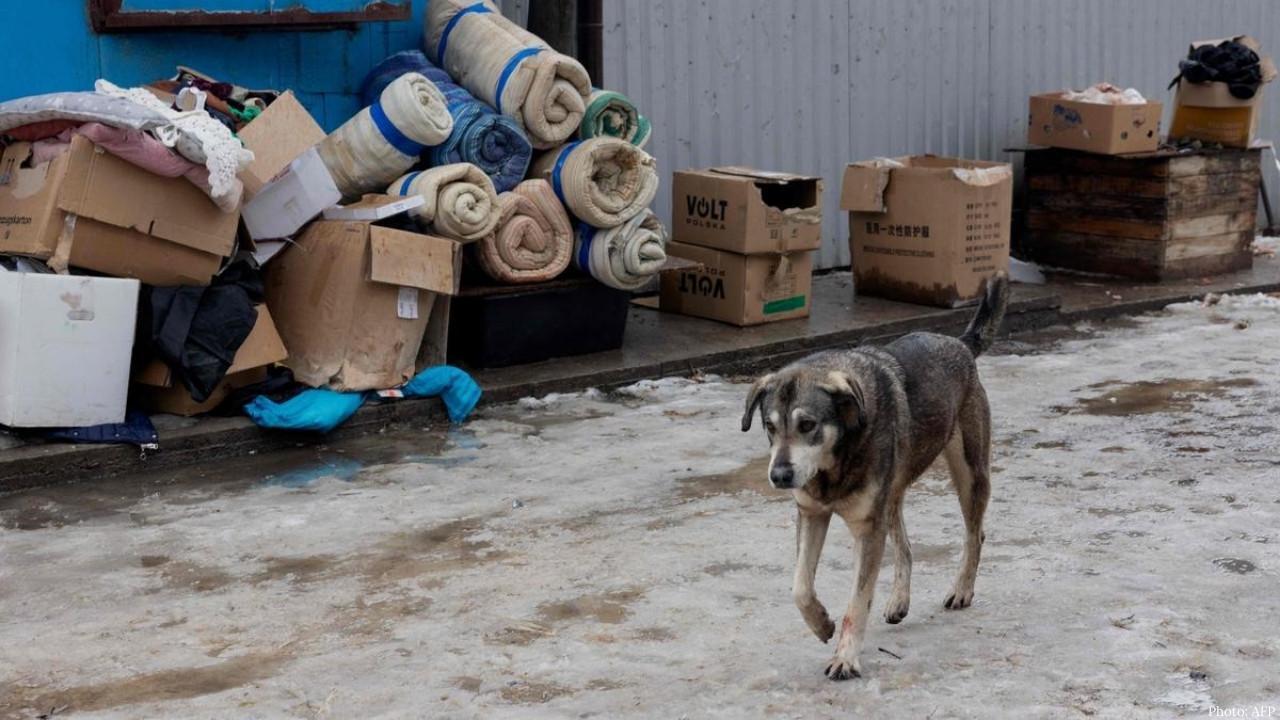


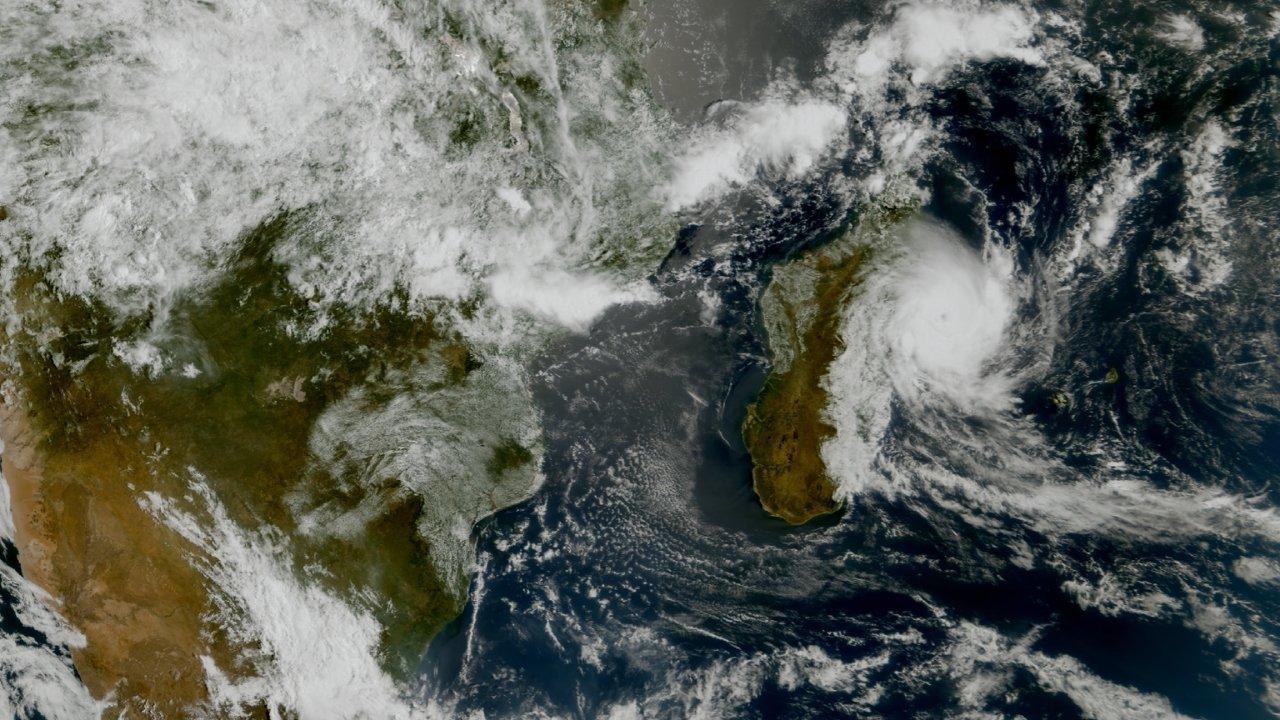
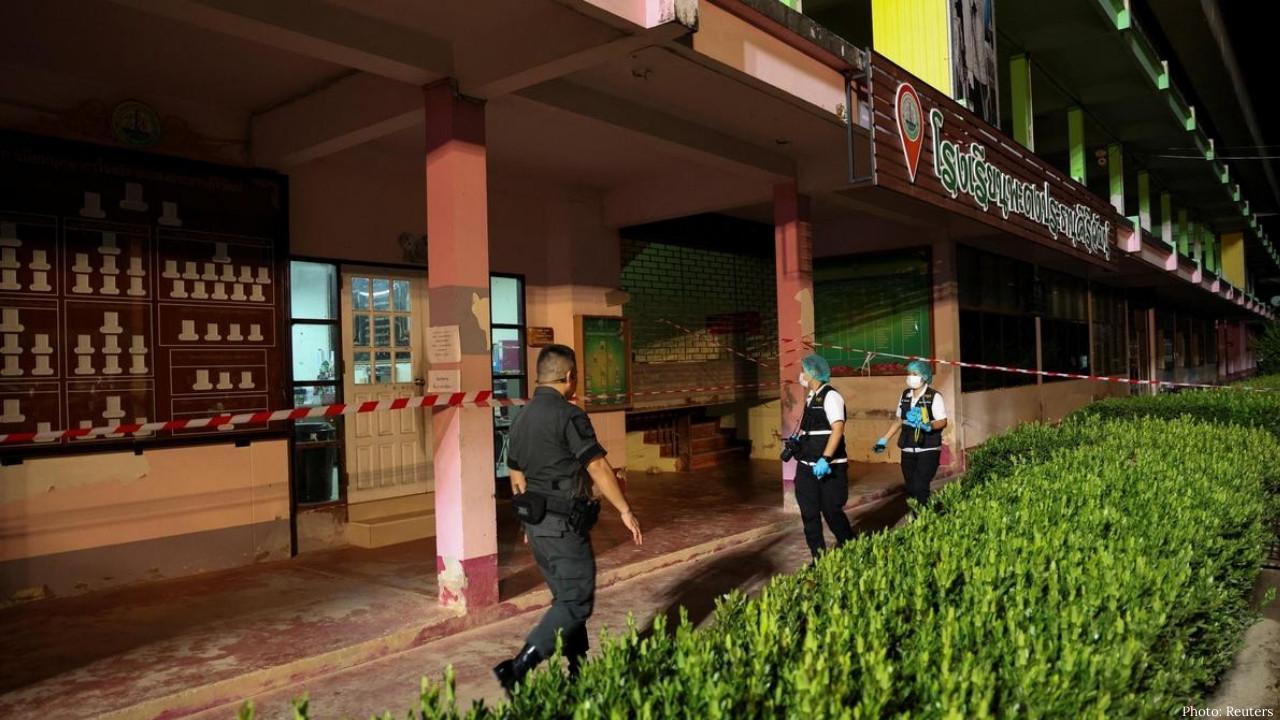
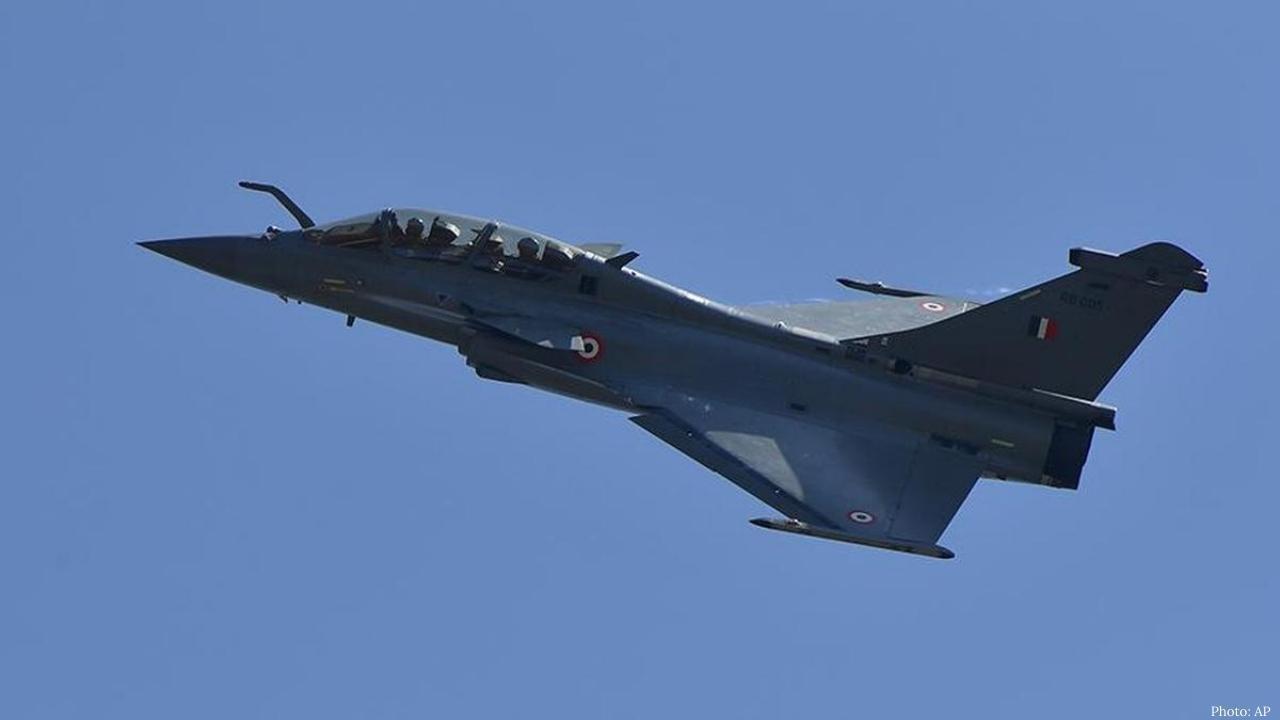
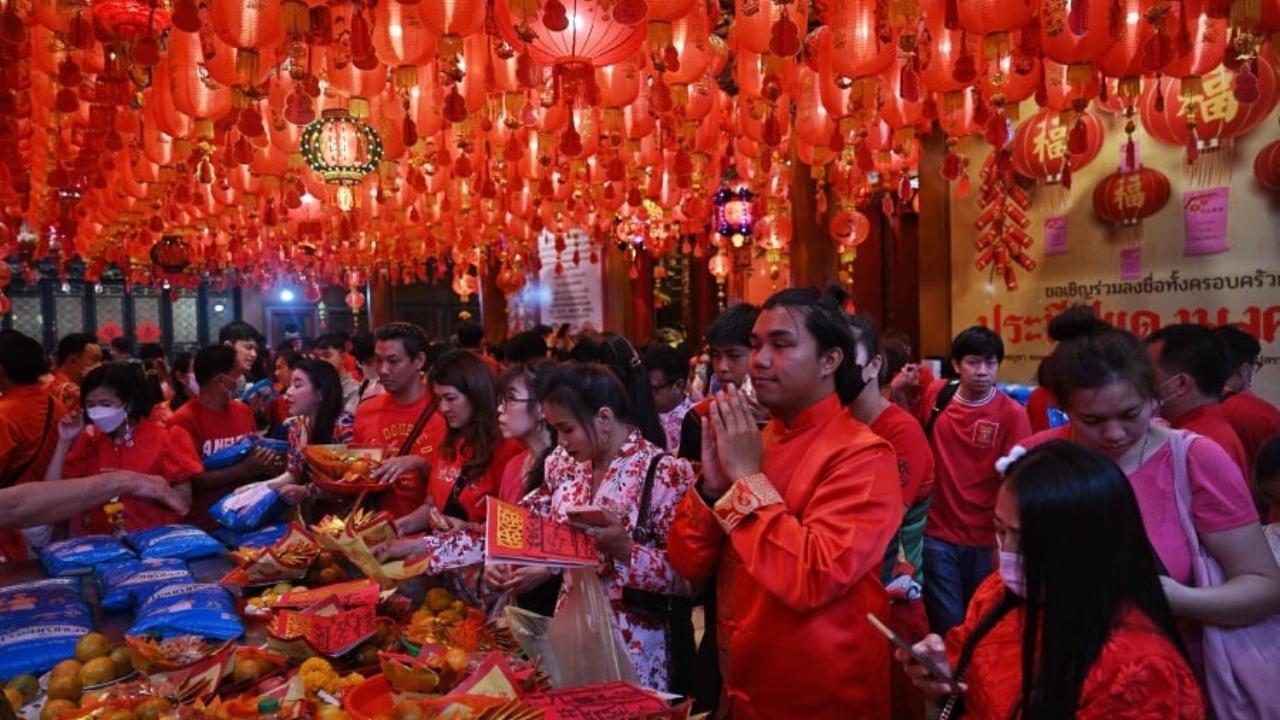


Trump Plans First Meeting of New Peace Board in Washington This February
Former U.S. President Donald Trump is reportedly preparing to convene the inaugural session of a new

Apple’s iOS 26.3 Update Is Here — Why Millions of iPhone Users Should Install It Now
Apple has rolled out iOS 26.3 as a critical update for eligible iPhones, bringing important security
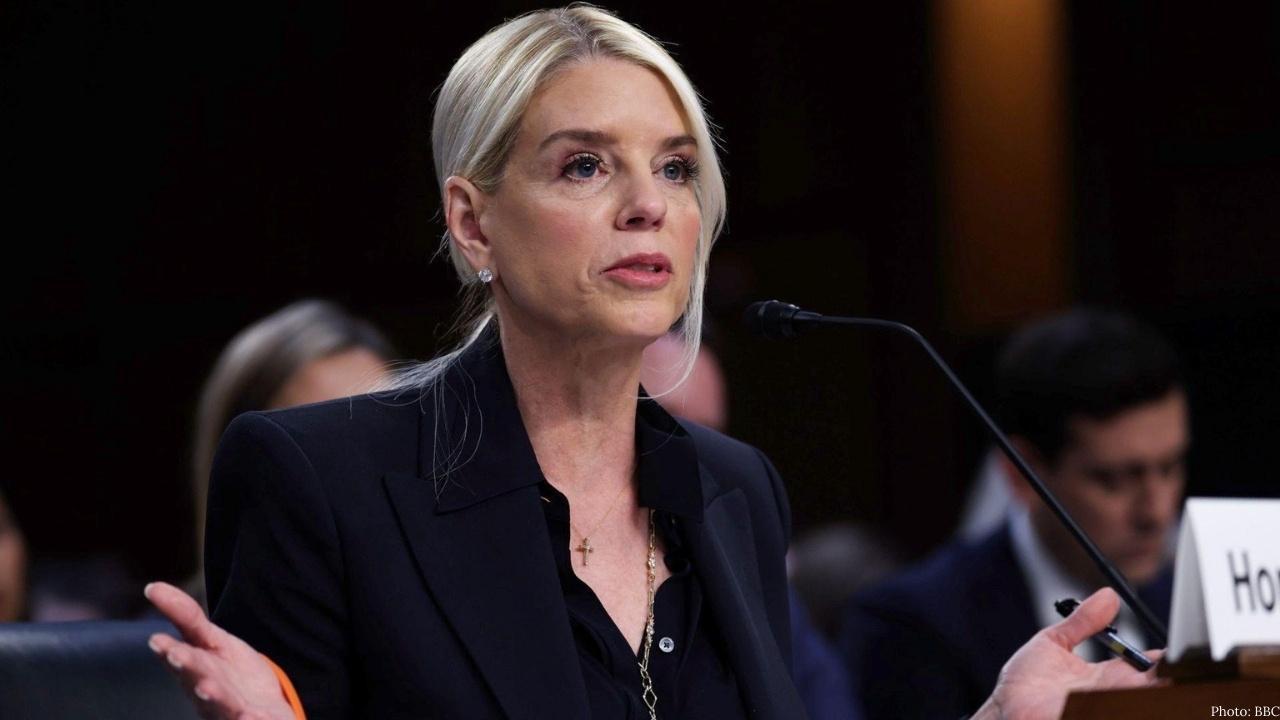
Pam Bondi’s Explosive Epstein Hearing: Four Moments That Defined the Testimony
US Attorney General Pam Bondi faced intense questioning in a House Judiciary Committee hearing that
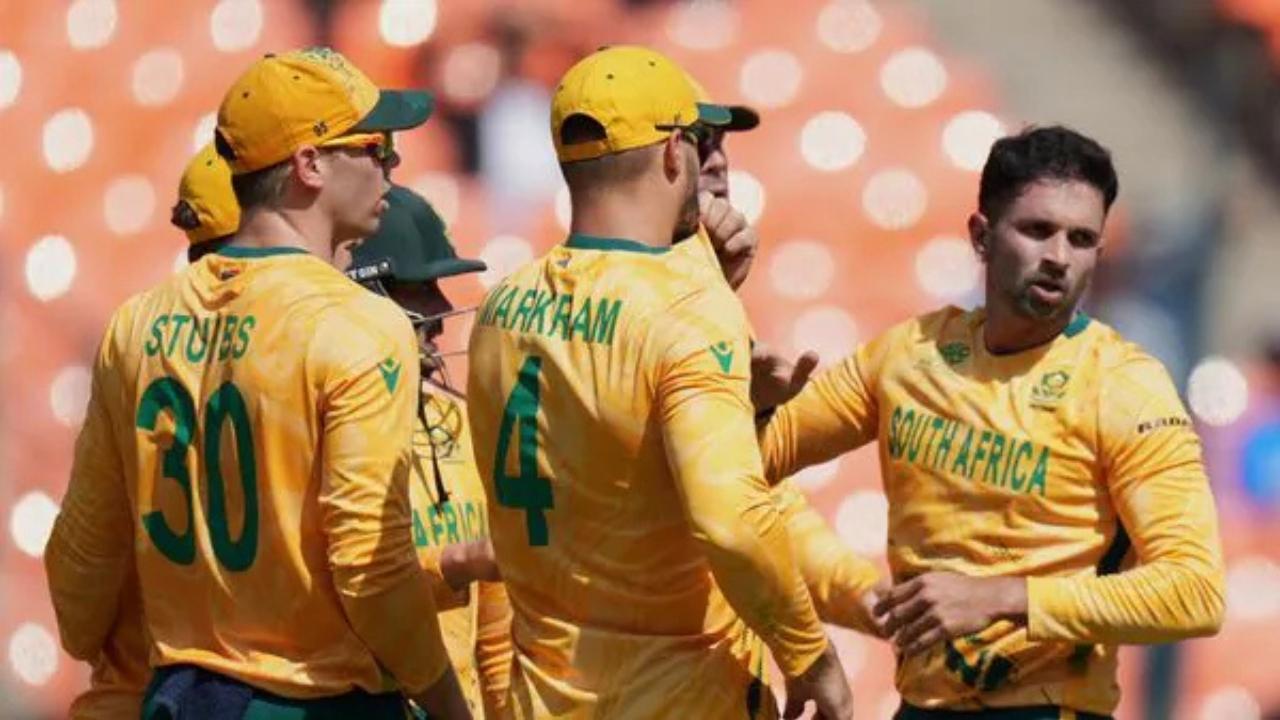
Epic T20WC Thriller: South Africa Triumphs Over Afghanistan in Double Super Over Clash
An exhilarating account of one of the most dramatic matches in ICC Men’s T20 World Cup 2026 history,
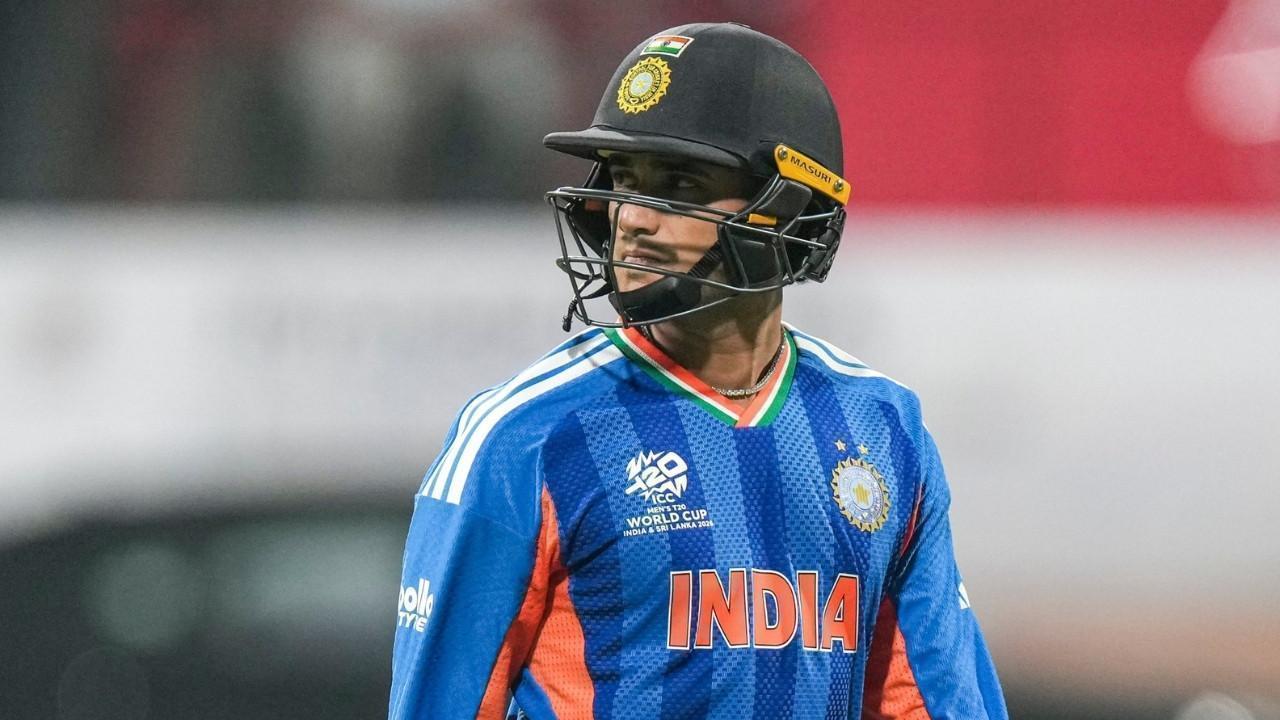
Abhishek Sharma Hospitalised With Stomach Infection, Doubtful for India’s T20 World Cup Match Against Namibia
Indian opening batter Abhishek Sharma has been hospitalised with a stomach infection and is unlikely

Mass Shooting in British Columbia Leaves 10 Dead in One of Canada’s Deadliest Attacks
A tragic mass shooting at a high school and nearby residence in Tumbler Ridge, British Columbia, has